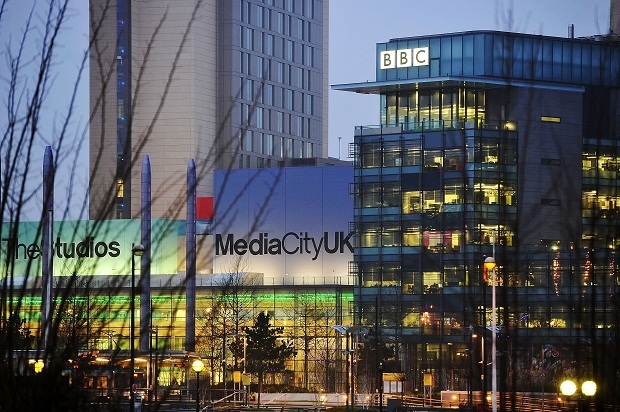‘Northern Powerhouse fires up house prices in Manchester’ shouts one headline. ‘Manchester is at the centre of Britain’s property boom’ declaims another. ‘Manchester top for house price growth’, a third declares.
As a property-owning Mancunian who has no intention of moving, this is welcome news. According to Hometrack, prices in my home city increased by 8.8 per cent in February, a faster rate than the property market in any other large British city. Also in the top ten are Portsmouth, Bristol, Glasgow and Birmingham.
But what of the capital? It is now in tenth place in terms of year-on-year house price growth in Hometrack’s list which tracks the movements of house prices across the 20 biggest cities, having recorded 5.6 per cent last month, the weakest rate since May 2013.
So, what is driving the property price growth in Manchester? Analysts point to an improving jobs market and record low mortgage rates, both of which are solid reasons. But I’ll add a few more.
The term ‘cultural renaissance’ has been bandied around Manchester with increasing frequency in recent years, and for good reason. Despite savage central government cutbacks in funding to northern cities, a commitment by Manchester Council to the arts has fuelled an explosion in the creative industries. From new venues, including the £25 million multi-arts site HOME and a plethora of smaller theatres and galleries, to the Manchester International Festival and the multi-million pound refurbishment of the award-winning Whitworth gallery, the growth in the arts is unprecedented. The leader of the council, Sir Richard Leese, is on record as saying that creative industries are big job creators and ‘culture is part of how you attract businesses to a location and how you attract people’.
Hand in hand with that appeal is the rise and rise of Manchester’s gastronomic offering. Whether it’s the luxury Spinningfields development or the myriad of new restaurant and bar openings, gone are the days when your best option for a meal in the city centre was a Wetherspoon’s.
Then there’s the boom in digital. Across Europe, Manchester is ranked second in terms of the growth of digital businesses, in large part due to investment in Salford’s MediaCity.
These are just a few of the reasons why people want to live in Manchester, why they want to buy houses and why they want to put down roots. And that’s before I’ve even touched on the £1 billion invested in city centre infrastructure projects in recent years, including a major extension of Manchester’s tram system.
When you consider that the average price of a house in Manchester is £172,000 compared to £659,539 in London, investing in propery in the area seems like a no-brainer. And if you venture just a few miles out of the city centre to, say, Rawtenstall, you can snap up a terraced house for around £100,000. What would you get for £100K in London, do you think?
Helen Nugent is Online Money Editor of The Spectator






Comments